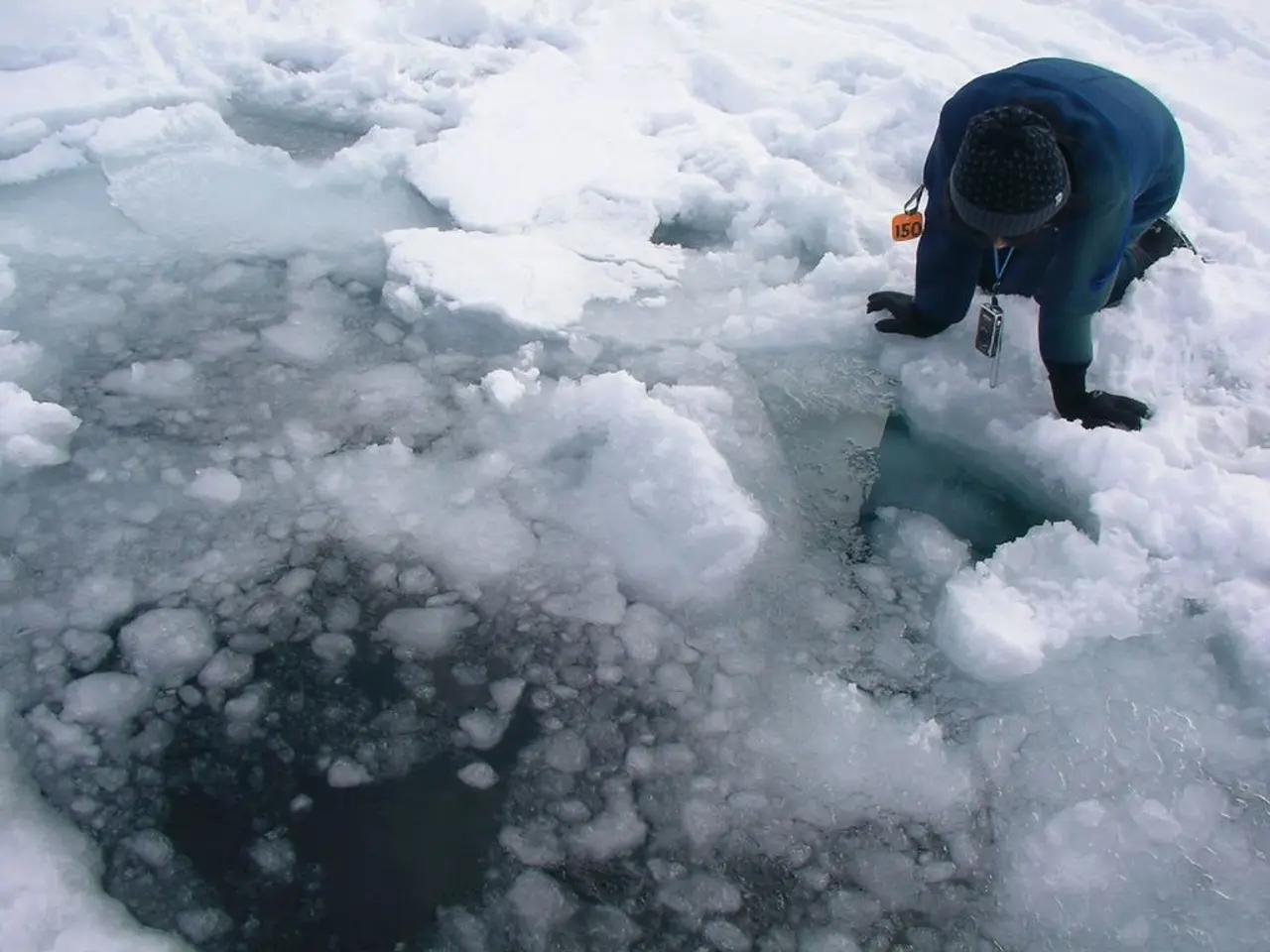Treatment with ice: Procedure, consequences, and prognosis
ICE chemotherapy, a combination of three drugs (ifosfamide, carboplatin, and etoposide), is commonly used as a salvage treatment for relapsed or refractory Hodgkin and non-Hodgkin lymphoma. The treatment typically consists of 2-4 cycles, with each cycle lasting around 3 weeks.
The common side effects of ICE chemotherapy primarily include hematologic toxicities such as neutropenia and cytopenias, mucositis, hair loss, fatigue, nausea, vomiting, diarrhea, immunosuppression, and infertility. Febrile neutropenia is also frequently reported as a serious adverse event during these treatments. Taste changes and nutritional challenges during chemotherapy have also been noted, which can affect patients' food intake and quality of life.
Regarding the success rates, ICE chemotherapy demonstrates significant efficacy in inducing remission in these difficult-to-treat lymphomas. However, exact percentages vary by patient population and disease subtype. Hematologic toxicities are the most common adverse events and require careful monitoring.
It's important to note that ICE chemotherapy may harm a developing fetus, so doctors do not recommend becoming pregnant if a person or their partner is undergoing chemotherapy and for a few months afterward. People can speak with their cancer care team about the risks and benefits of their treatment plan, including the potential for long-term organ damage from ICE chemotherapy.
Immunizations, or vaccines, work by helping the body's immune system recognize and fight infections and diseases, but chemotherapy affects the immune system and how immunizations do their job. The ACS recommends against most vaccines during chemotherapy treatment, particularly live vaccines, but people should still get the flu shot and the pneumococcal vaccine.
In conclusion, ICE chemotherapy is effective as a salvage regimen for challenging lymphoma cases but is associated with significant hematologic toxicity and other side effects requiring supportive care. It's crucial for patients to discuss their treatment options, risks, and potential side effects with their cancer care team to make informed decisions about their care.
- Apart from hematologic toxicities, some other side effects of ICE chemotherapy include taste changes, nutritional challenges, hair loss, fatigue, nausea, vomiting, diarrhea, immunosuppression, infertility, and potential harm to a developing fetus.
- As a result of the ICE chemotherapy's impact on the immune system, it's advisable to avoid most vaccines during treatment, particularly live vaccines, and focus on getting essential vaccines such as the flu shot and the pneumococcal vaccine.
- The caregiver should pay close attention to a patient's health-and-wellness during the course of ICE chemotherapy treatments, as the treatment is associated with various therapies-and-treatments and medical-conditions like hematologic toxicities, taste changes, and nutritional challenges.
- The successful implementation of ICE chemotherapy for treating otherlymphomas, like Hodgkin and non-Hodgkin lymphoma, demonstrates the potential of science in cancer research in improving treatment outcomes and saving lives.




